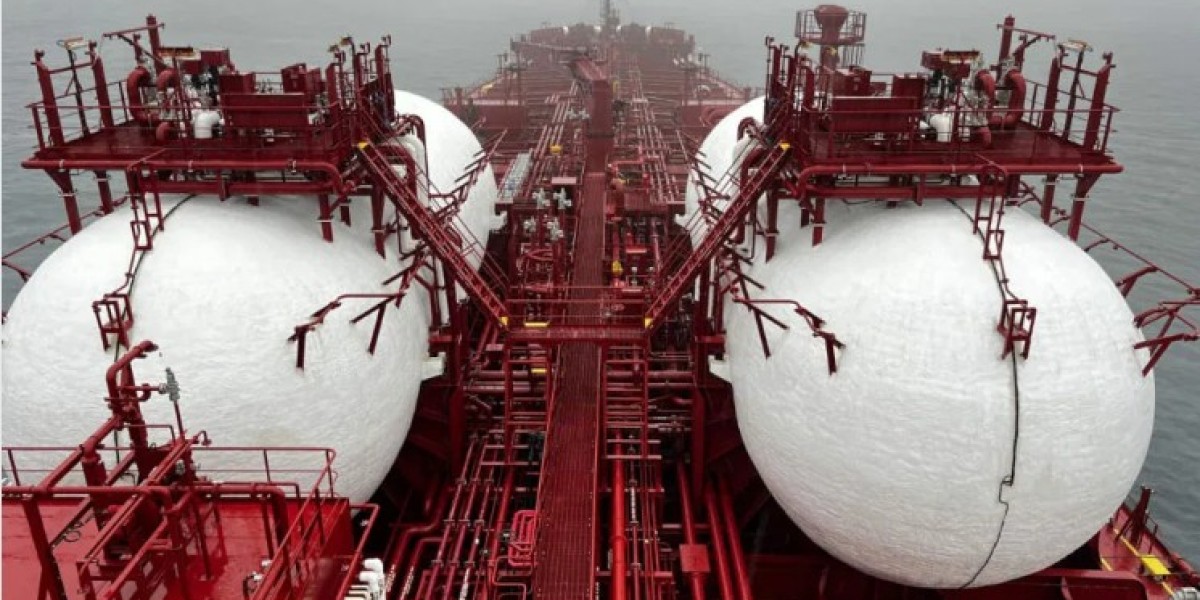In recent years, the maritime industry has faced significant challenges related to environmental sustainability. Stricter regulations, growing concerns over carbon emissions, and the need for operational efficiency have pushed the industry to seek innovative solutions. One such solution is dual fuel vessel management, a system designed to optimize the use of multiple fuel sources for vessels, enhancing both operational flexibility and environmental performance.
What is Dual Fuel Vessel Management?
Dual fuel vessel management refers to the practice of managing and operating vessels that are equipped to run on two or more types of fuel. Typically, these fuels include traditional marine fuels such as heavy fuel oil (HFO) and more eco-friendly alternatives like liquefied natural gas (LNG). This approach enables vessels to switch between fuels depending on availability, cost, and environmental considerations.
The primary advantage of dual fuel vessel management lies in its ability to balance economic efficiency with regulatory compliance. LNG, for example, produces significantly lower sulfur emissions compared to traditional marine fuels, which helps vessels comply with international regulations like the International Maritime Organization’s (IMO) sulfur cap. Moreover, LNG’s lower carbon footprint makes it an attractive alternative to conventional fuels.
The Growing Need for Dual Fuel Solutions
With the IMO’s 2020 sulfur cap limiting the sulfur content of marine fuels to 0.5%, many shipping companies have turned to LNG and other alternative fuels. The use of dual fuel vessel management systems allows these vessels to meet both current and future regulatory standards, thus avoiding the significant costs of retrofitting or upgrading to more environmentally friendly engines.
In addition, rising fuel costs and fluctuations in global fuel markets have created a demand for more flexible and cost-effective fueling strategies. Dual fuel vessel management enables operators to switch between fuels based on price differentials, optimizing fuel costs for their voyages.
How Does Dual Fuel Vessel Management Work?
At the core of dual fuel vessel management is the ability to run engines on different fuel types. The system includes specialized machinery and software that monitors fuel consumption, engine performance, and emissions. When operating on LNG, the system adjusts to the fuel’s specific combustion characteristics, ensuring that the vessel runs efficiently. The system also ensures that the transition between fuels is seamless, so there is no loss in performance.
A critical component of dual fuel vessel management is the fuel switch-over process. For example, a vessel might use LNG in regions with stringent environmental regulations, such as emission control areas (ECAs), and switch to traditional fuels when sailing through areas with less stringent regulations or where LNG is not readily available. The management system ensures that fuel transitions happen smoothly and efficiently, without disrupting the vessel's operations.
Environmental Benefits of Dual Fuel Vessel Management
One of the most compelling reasons for adopting dual fuel vessel management is its environmental benefits. As the maritime industry seeks to reduce its carbon footprint, LNG-powered vessels present a viable alternative to traditional fuels. Compared to HFO, LNG produces lower emissions of sulfur oxides (SOx), nitrogen oxides (NOx), and particulate matter (PM).
Additionally, LNG burns cleaner, resulting in fewer greenhouse gas emissions. The use of LNG as a fuel source can reduce carbon dioxide (CO2) emissions by up to 20%, which is a significant contribution toward the maritime industry’s overall goal of reducing emissions. By incorporating dual fuel vessel management, shipping companies can transition more effectively to a sustainable future.
Economic Considerations of Dual Fuel Vessel Management
While the environmental advantages of dual fuel vessel management are clear, the economic benefits are equally significant. LNG is often cheaper than conventional marine fuels, and its price volatility is generally lower. Shipping operators can use the flexibility provided by dual fuel systems to take advantage of favorable fuel price fluctuations, ultimately reducing operational costs.
Furthermore, vessels using LNG may qualify for incentives such as reduced port fees, particularly in regions where environmental regulations are more stringent. Dual fuel vessel management helps operators meet compliance requirements while benefiting from these cost-saving incentives.
Challenges of Dual Fuel Vessel Management
Despite its many advantages, dual fuel vessel management comes with certain challenges. One of the primary hurdles is the infrastructure needed to support LNG-powered vessels. Ports equipped with LNG bunkering facilities are still relatively limited, although this is changing as more ports around the world invest in LNG infrastructure.
Another challenge is the upfront investment required to retrofit or build dual-fuel vessels. While these vessels offer long-term savings, the initial cost can be significant, particularly for smaller shipping companies. However, the rising adoption of dual-fuel technologies in the industry is expected to drive down costs over time.
The Future of Dual Fuel Vessel Management
Looking ahead, dual fuel vessel management is likely to become the standard for many vessels in the global fleet. As technology improves and fuel availability increases, dual-fuel systems will become even more cost-effective. Moreover, the development of alternative fuels such as hydrogen and ammonia could further expand the capabilities of dual fuel systems, providing even more options for vessel operators to meet both environmental and operational goals.
In conclusion, dual fuel vessel management represents a smart, sustainable, and flexible approach to modern shipping. By embracing this technology, shipping companies can navigate the challenges of environmental regulations, rising fuel costs, and the need for efficiency. As the industry continues to evolve, dual fuel systems will play a key role in achieving a more sustainable and economically viable maritime sector.



